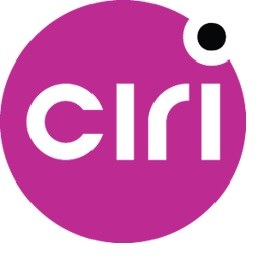Avril 2025
|
Vendredi 11h00 Seminar room IBCP Séminaire externe |
“ Helicobacter pylori role of type IV secretion and bacterial SNPs in gastric cancer development ” |
|
|
|
Steffen BACKERT
(Professor of Microbiology in the Department of Biology at the Friedrich Alexander-Universität Erlangen-Nürnberg, Germany) Hôte : Laurent Terradot
|
|
|
Lundi 14h00 Salle condorcet Séminaire externe |
“ Regulation of plant immune response by mechanical cues ” | |
|
|
Adelin BARBACCI
(Laboratoire des interactions plantes - microbes - environnement (LIPME), Toulouse)
Hôte : Benoit Landrein
. |
|
|
Lundi 11h00
SDT CRC
Séminaire externe |
“ Generating neuronal diversity in the Zebrafish developing brain ” | |
|
|
Joaquin NAVAJAS ACEDO
(Equipe du Prof. Alex Schier, Biozentrum, University of Basel)
Hôte : Zayna Chaker
|
|
|
Lundi Seminar room IBCP
Séminaire Externe |
“ DNA ADP-ribosylation as a bacterial defense against phage infection ” | |
 |
Michele LEROUX (Washington University School of Medicine (USA))
Hôte : Mathilde Guzzo
|
|
|
Mardi 10h00 Seminar room IBCP Séminaire Externe |
“ Collagen sensing: how discoid domain receptors transmit across the plasma membrane and control kinase activity ” | |
 |
Birgit LEITINGER (Imperial College London, UK)
Invited by Jean-Daniel Malcor
|
|
|
Vendredi 11h00 Salle 63 IGFL
Séminaire Externe |
“ Extreme epithelial plasticity in the placozoan Trichoplax ” | |
|
|
Andrea PASINI (Equipe Le Bivic, IBDM, Marseille)
Hôte : Michalis Averof
|
|
|
|
||
|
|
|
|
|
|
||
|
|
||
|
|
||
|
|
||
|
|
|
|
|
|
||





